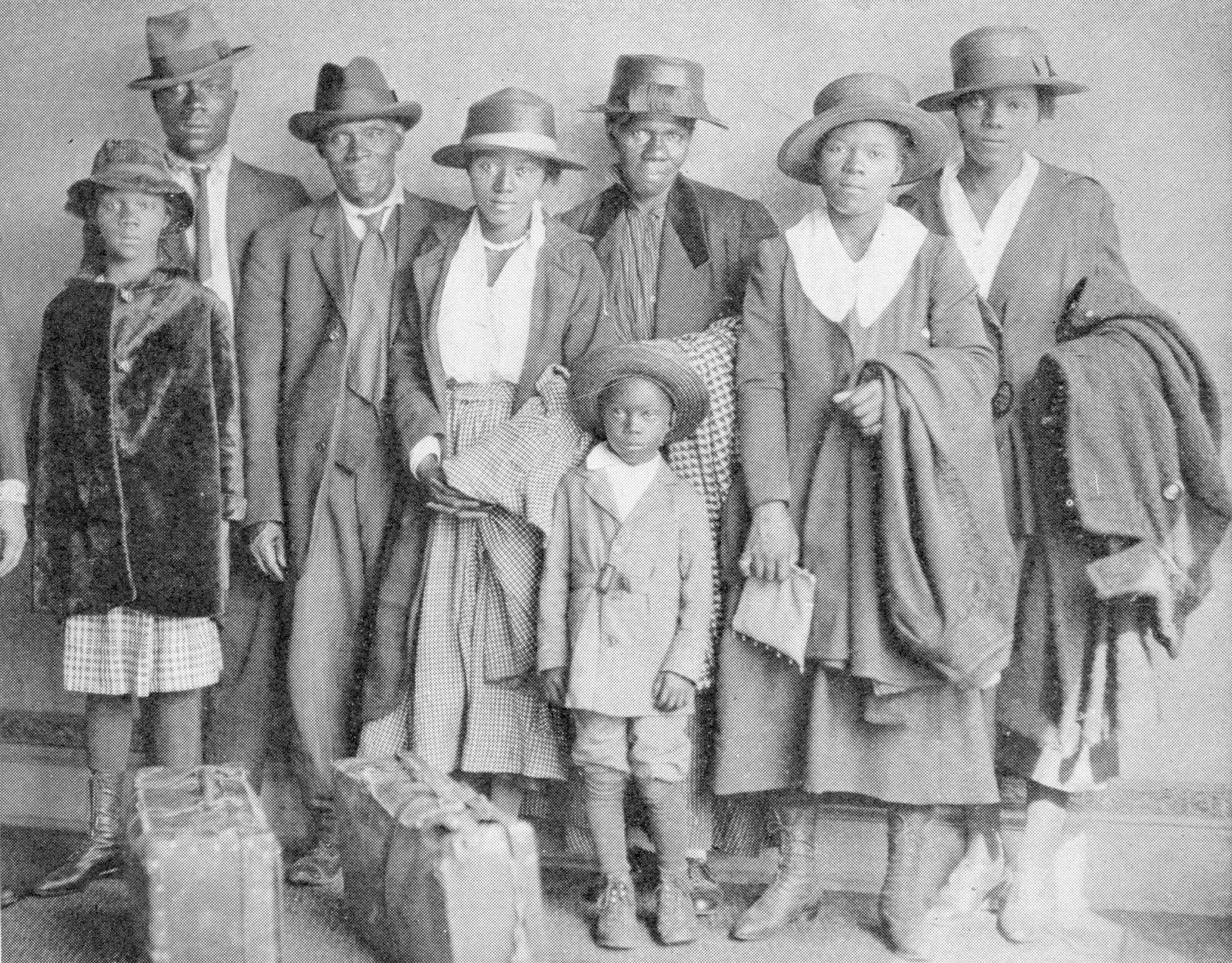
During the Great Migration, more than six million Black Americans left the South and headed to the North, Midwest and West in search of a better life and more opportunities.
Approximately half a million African Americans moved to Chicago, swelling its Black population from two percent in the early 20th Century to about 33 percent by 1970. The city’s Black residents left a lasting impact on the Windy City, and now, the contributions of Black women on the South Side of Chicago are the subject of a new book.
In “Lifting As They Climbed: Mapping a History of Black Women on Chicago’s South Side – A Self-Guided Tour,” authors Mariame Kaba and Essence McDowell take readers through the historic neighborhoods of Bronzeville and Pullman to highlight the impact Black women had on the arts, technology, medicine, and more. Kaba said the project is long overdue.
“It has bothered me that Black women’s intellectual contributions … have been marginalized or always connected to forces of suffering,” Kaba told the Chicago Tribune.
“People haven’t taken the time to really know Black women, in our fullness as three-dimensional human beings,” Kaba added. “I want people to think about what these women did, the stories they told, the music they made, the institutions they built and how it’s connected to black women’s lives today.”
The book takes readers on a walking tour of the city through focusing on notable icons like journalist Ida B. Wells, pilot Bessie Coleman, and writers Lorraine Hansberry and Gwendolyn Brooks, but also lesser known women like community activist Melissia Ann Elam, Elder Lucy Madden Smith, and educator Fannie Barrier Williams.
“These Black women created a road map, a blueprint for how to build in a community,” McDowell said. “These women didn’t care what people thought of them, they didn’t let racism stop them, they didn’t let the threat of violence, didn’t let social structures, stop them.”
For Kaba and McDowell “Lifting As They Climbed” is a labor of love. They fit in researching and writing the project between their full time jobs because they wanted to make sure the women, and communities they worked within, were remembered.
“I consider these women my family now,” McDowell said. “There’s Mama Elam. Mama Emanuel. Mama (Roberta Evelyn Winston) Martin. These women are a part of me and part of our city.”
To learn more about the book and the walking tour, visit www.chicagoblackwomentour.com.